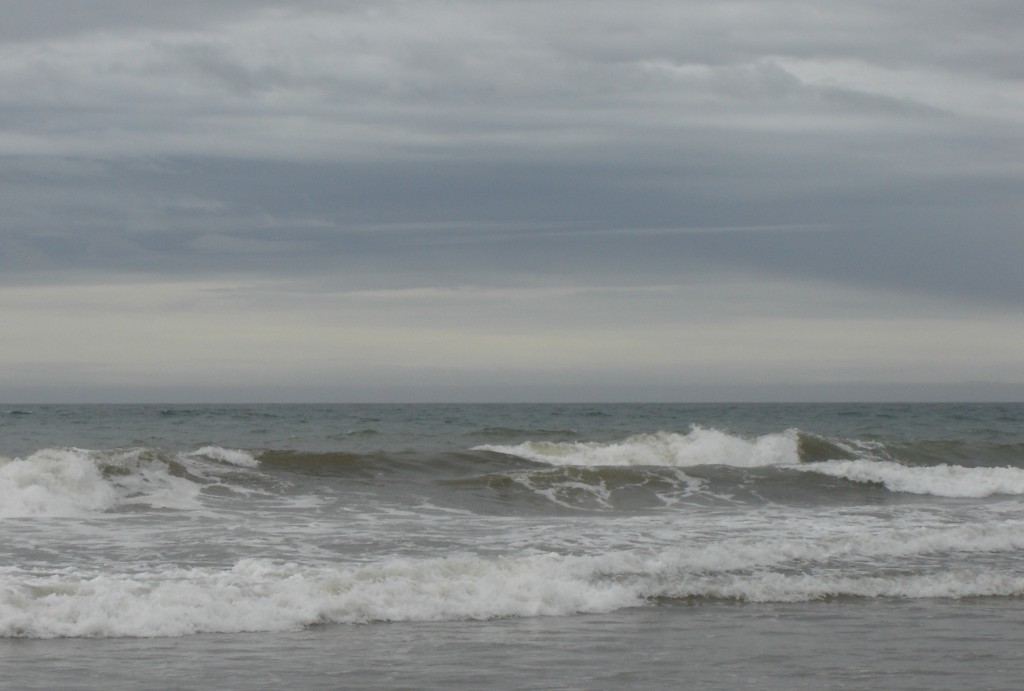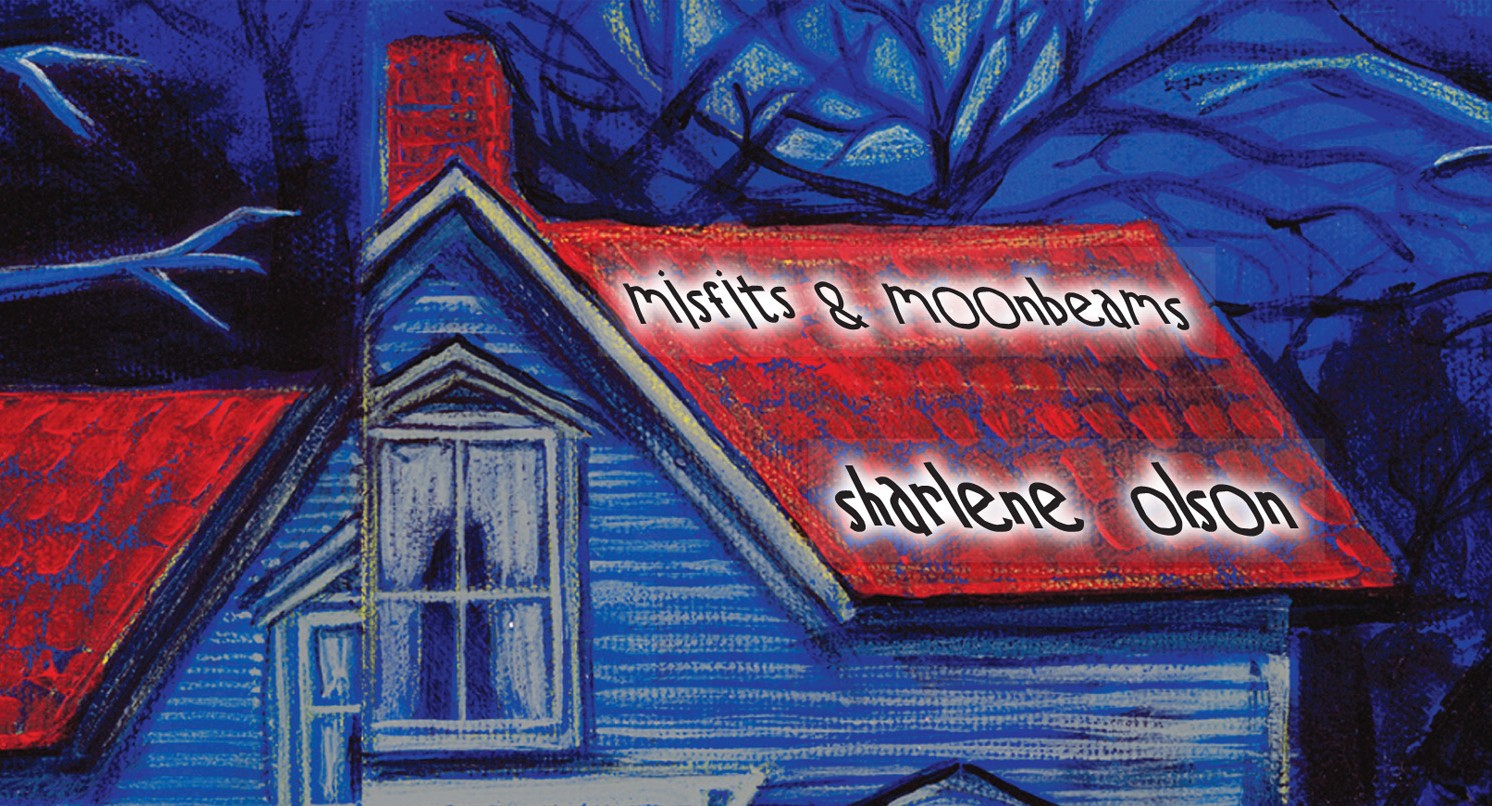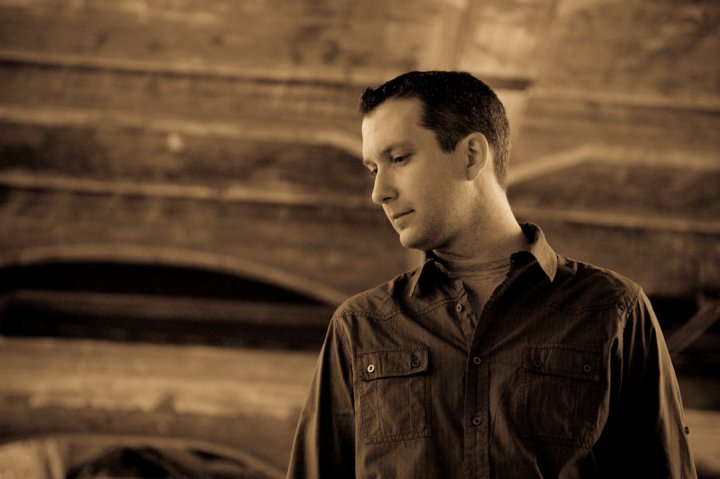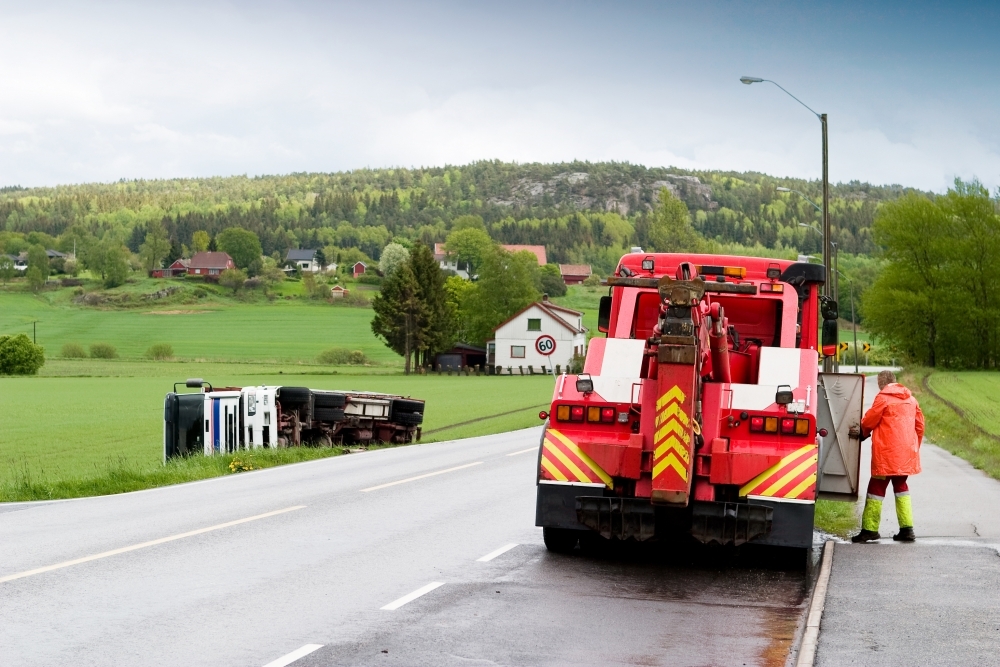Bilbo Baggin’s story
- At December 21, 2012
- By Nathan
- In Career & Life Planning
 0
0
Ronald’s little book, the one he wrote primarily for his own children in England, has staying power. Over 70 Christmas celebrations have come and gone since The Hobbit was originally published, and it is still immensely popular.
With Peter Jackson’s recent release of the first part of this book as a major motion picture, now even more people, young and old, will likely be drawn to it.
Have you ever wondered why this particular story is so appealing to so many people? Having recently read the book and watched The Hobbit: An Unexpected Journey this question lingers in my mind.
This story, this fantastic tale filled with wonder and adventure, sets the stage for J.R.R. Tolkien’s equally famous trilogy The Lord of the Rings. To crack open any of these books is to drop into an alternative universe filled with mysterious places like Middle Earth, Rivendell, Mirkwood Forest and many unusual creatures.
After meeting the dwarf king, Thorin Oakenshield, together with Gandalf the good wizard, Beorn the bear-man, Gollum, Elrond, and the Elvenking Thranduil it is difficult to return to “ordinary life” without a greater sense of wonder and a growing desire for more adventure.
Bilbo Baggins, the main character in The Hobbit, is in no need of an introduction by now. It is well-known that Bilbo was a small, comfort loving creature (and a bit of a self-absorbed snob) who had no desire to set out on any unexpected or dangerous journeys – no desire at all. But then Gandalf shows up, a dozen or so dwarves drop in uninvited, and soon Bilbo finds himself signed up to help the dwarves reclaim their mountain home and recover their lost treasure.
Bilbo is in for quite an adventure. Even at the beginning, it becomes clear that this would be a perilous quest and not at all an easy task.
All that was required was to travel, over many months, through miles of wilderness and rocky terrain filled with hundreds of hideous creatures like gobins, trolls, wargs, orcs, and giant spiders, not to mention dark magic spells. No problem. And if they ever made it to The Lonely Mountain alive (which was highly unlikely) it would then be necessary to find a way to defeat the fearsome dragon, Smaug the Magnificent, on his own turf.
Any volunteers?
It gets worse. Dangerous internal enemies would need to be conquered and subdued at the same time. The stubborn nature and blatant greed of the dwarf king poses a serious problem to the preservation of peace in Middle Earth. As well, fear in Bilbo’s heart would need to be replaced with courage. And the power of the Dark Lord, Sauron, was not to be underestimated. Many creatures were at risk of bending and twisting their will to follow his cruel desires.
Hope is hard to come by in this story. Impending doom lingers throughout this tale. At every turn, it appears that Bilbo’s small group of friends will be defeated and quickly destroyed.
Without giving too much away, it becomes abundantly clear that one hobbit and thirteen dwarves cannot make it there and back again even with the aid of one wonderful wizard. Luck, fate, or more accurately, providence, is what makes the biggest difference in the outcome of their spectacular adventure.
So getting back to our question: Could it be that this story is so compelling in part because so many people can relate to Bilbo Baggins?
We feel small and inclined to be content with personal comfort; and yet, we wake up one morning in the middle of a unpleasent adventure we did not choose; we sense that the forces against us are overwhelming; and still, we struggle to rise to the occasion and face the future with courage rather than fear.
Could it be that many of us need to be encouraged to maintain a sense of hope in what appears to be a hopeless situation?
Ronald Tolkien lost both of his parents early on in life and most of his friends. Disease and the First World War brought them all to an untimely end. But his story didn’t end with discouragement and defeat; it didn’t have to end that way.
And as another Christmas season approaches, may I suggest that neither does yours or mine.
© Career & Life Direction 2012. All rights reserved.
Living on the edge
- At October 16, 2012
- By Nathan
- In Career & Life Planning
 0
0
One benefit of living in an unsettled state is that you may be in a better position to appreciate how unsettled life actually is.
True enough, too much stability messes with your mind. So-called security clouds your vision; it serves to distort your view of this world. It is like a drug: dulling your sense of what is going on around you. Prosperity and “success” can make you forget about all the possibilities and perils. It blinds you to what may be just around the bend or for that matter – over the edge.
Feeling too settled and safe down here sometimes leads to living in a state of denial. An inappropriate sense of pride quickly obscures 10,000 different ways you can fall.
Meanwhile, living on this earth continues to be comparable to wandering along on the edge of a towering cliff. Yes, it is a very long way down. So choose your steps carefully, my friend. For despite some improvements in the human situation, your journey is going to be precarious, dangerous, and unpredictable. You can’t micro-manage the madness no matter how hard you try. To mix the metaphors, living on this earth is like walking through a minefield over in Kandahar; it is like jumping out of a balloon 20 miles above the earth daily.
Assuming safe passage makes about as much sense as banking on the banks or buying season tickets for the next 10 years to watch the NHL.
Do you think that this is an overly negative assessment of the future? Is it really?
Consider that your life could come crashing down all around you in the time it takes to send a text. It could. In a moment, all that you have built could instantly be blown away. What you thought was solid and trustworthy might turn out to be as flimsy as can be. You might not be able to phone 911 fast enough. And global warming may well be the least of your concerns. Your health could be failing even now; cancer may have settled in. The Ayatollahs might be arming much faster than we think. One good-sized asteroid landing in the ocean could temporarily create ocean-front property here in Saskatchewan. Three-score and ten might turn out to an elusive dream for entire cities, nations, and civilizations.
There are no guarantees that you will live long enough to read to the end of this brief post or that I’ll live long enough to write it. How could we be so brash as to assume and expect such a thing?
But when you have the house, the car, the career, the bank account; when you are connected, part of the community, and feeling like you fit; when you are riding a wave of public approval and savouring your success; when you are packing a prestigious degree and when your country’s GDP is rising higher and higher…right about then, the “movers and shakers” usually begin to shake. No, it won’t necessarily go on like this forever – moving from one level of personal glory to another. That, however, is what we are all tempted to think.
The “my-empire-will-never-fall” talk will one day come to an end.
At this point, some people – people with good intentions – may be tempted to drag God into the conversation as a way to deal with an increasingly awkward and unpleasant situation. Surely the Lord is going to intervene to prevent anything undesirable from happening to me. Right? Not necessarily. Read God’s book from cover to cover, take a good look around, and you may discover that it doesn’t always work that way. Some desperately want to read the Bible that way. But it doesn’t work.
The reality is that bad things continue to happen. The reality is that all hell could break loose and you could get caught in the crossfire. Many of the early Christians did and many of the modern ones still do. Read the Old Testament, but realize that in some ways the old deal doesn’t still apply. Safety and security were part of the package back then and so was brutal destruction if people disobeyed. Over in the New Testament, if anybody had connections and was on good terms with God it was Jesus. And you know how life turned out for Him.
So don’t expect an easy life. I hope you succeed, but don’t let your success deceive you. Don’t expect to avoid danger along the way. But don’t expect that you will be up there all alone either.
Speaking from experience, you will never be alone.
© Career & Life Direction 2012. All rights reserved.
Earth, sea, and sky
- At June 21, 2012
- By Nathan
- In Meeting Needs
 0
0
Considering trying out a new and improved career and life direction is comparable to standing on the shore and about to step into a small boat.
Chances are that you will feel a sense of unease and a great deal of apprehension. Even fear. Yes, fear. Don’t be surprised if the air suddenly feels cool down by the water as you watch the waves crashing into the shore. You feel chilled. You feel uncomfortable and out-of-place. Cold. Salt is in the air; you can taste it. And the wind is picking up. One after another, larger and louder they come; the waves come. What seemed soothing and relaxing while walking along the beach is, well, frightening now that you have gotten a little closer and a bit wet.
You might not want to admit it, but you are feeling more than a little concerned. You are afraid. If there was a panic button nearby you might be inclined to push it. If you didn’t think you might need them later, you would already be firing off your flares.
If only you could fly like the seagulls that are circling overhead. Fly directly and effortlessly to your destination. Quickly and safely. Without a care in the world. If only. But you can’t. You will soon be bound to that boat – that old, wooden boat.
Read More»



































